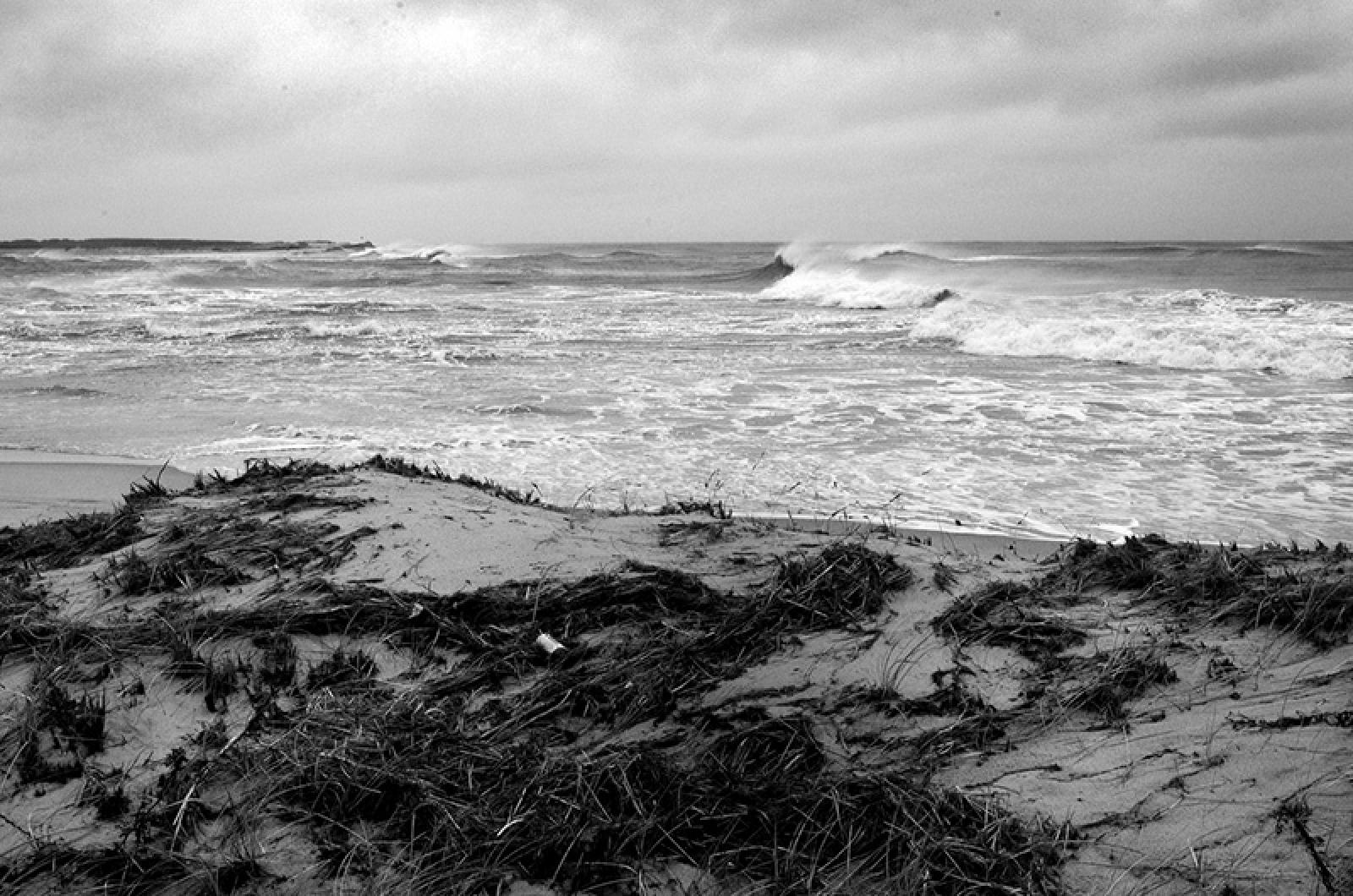From the Feb. 20, 1953 edition of the Gazette:
Edgartown was flooded at the weekend, not with water — that came on Sunday — but with “comic” valentines. Although the point of attack was somewhat blunted by the variety of victims, indications are strong that the result of the town elections and the failure of eminent domain proceedings were particularly repellent to the sender of the barbed messages, which were mailed in Taunton, Bridgewater and Brockton.
The best guess is that some disgruntled voter took the boat soon after the meeting, whether with the one intent of buying out the stock of such unfunny messages, is known only to the perpetrator of the joke, for naturally all were anonymous, and, traveling by car, visited all the convenient postoffices. The reaction of at least one recipient would not have pleased the investor in this wholesale foolishness. For when he looked at his, he remarked, seemingly with pleasure, “That’s the first comic valentine I ever got!”
The southerly storm and wind of Sunday and Monday proved historic in one respect — they flattened the dunes, already battered a month ago, and drove the surf across South Beach into Katama Bay near the mouth of the herring creek, and provided another of the natural openings between bay and ocean that have been recorded through the past hundred years. According to the Gay Head Coast Guard station, the wind blew at a velocity of from forty-five to fifty-five miles an hour, with gusts probably much stronger.
Anyone who was watching the antics of the barometer on Sunday would have been prepared for something far more disastrous than actually occurred, for it fell steadily throughout the day, and the red ink evidence left on the graphs of a recording barometer at the home of Mr. and Mrs. Alexander M. Orr of Edgartown, show that the reading dipped below 29 in the hours from 8 p.m. to midnight Sunday, a full point from its figure when the day began.
This low, as the Vineyard well remembers, is a hurricane reading and was, indeed, followed an hour or two later by the hardest blow of the storm. As the graphs showed it, the decline was as startling and perhaps more momentous in some ways than a sharp break in the stock market, and the recovery from the low much more reassuringly rapid.
Among the freak doings of the storm was the stranding of the Muskeget channel buoy, No. 4, in the Oyster Pond opening. Thomas L. Flynn of Pohogonot notified the Coast Guard which replaced the buoy.
At the same time that the storm made an opening into Katama Bay at a spot where it was not wanted, it closed the opening into Edgartown Great Pond which Edgartown fishermen greatly wanted to see preserved. Since this is a town-sponsored opening, the closing led to a good deal of activity. An opening was made in the dike at Cracktuxet to give added water for the strengthening of a new opening, and emergency measures were put in motion by the selectmen. As of yesterday the beach was still closed and Grant Brothers were scheduled to make yet another opening, actually the third since this closing. The surf not only broke into Katama Bay but into most of the ponds, and it transformed the appearance of miles of beach, cutting and flattening a broad, smooth shelf. The Katama Bay opening was still running yesterday, although it was not very wide. It is probable that the breakers rolled in and the bay broke out, as this is the way nature usually works it.
Actually, the new opening is into that part of the bay known as Mattakeeset Bay, only a hundred yards or so from the parking place at the end of the county road. Many motorists drove down to have a look at the changes wrought by the storm, changes that would be of great concern to the Mattakeeset Creek company if that company were still operating a herring fishery. The overshot of sand into the bay had caused a good deal of shoaling and some observers thought further changes might obstruct the mouth of the herring creek.
As all Old Towners know, these South Beach openings are tricky things. In 1873 the authority of the federal government backed by a $20,000 appropriation failed to make a successful breach between bay and ocean. Other attempts to dig artificial openings have likewise failed, as for instance the drive of 1932, although several have succeeded. Natural openings have occurred at rather rare intervals. There was one on the night of Jan. 9, 1886, which mocked General Warren who had failed so dismally in 1873, and others have been recorded.
The pounding of the surf at Katama was clearly audible in Edgartown on Sunday and Monday, and the spectacle was impressive on Monday and still worth seeing on Tuesday.
Though nights have continued chilly, and though the pessimists say, “Look what happened last year,” referring to the late February twenty-inch snow, the outdoors seems to utter a single word, “Spring.”
Compiled by Hilary Wallcox







Comments
Comment policy »